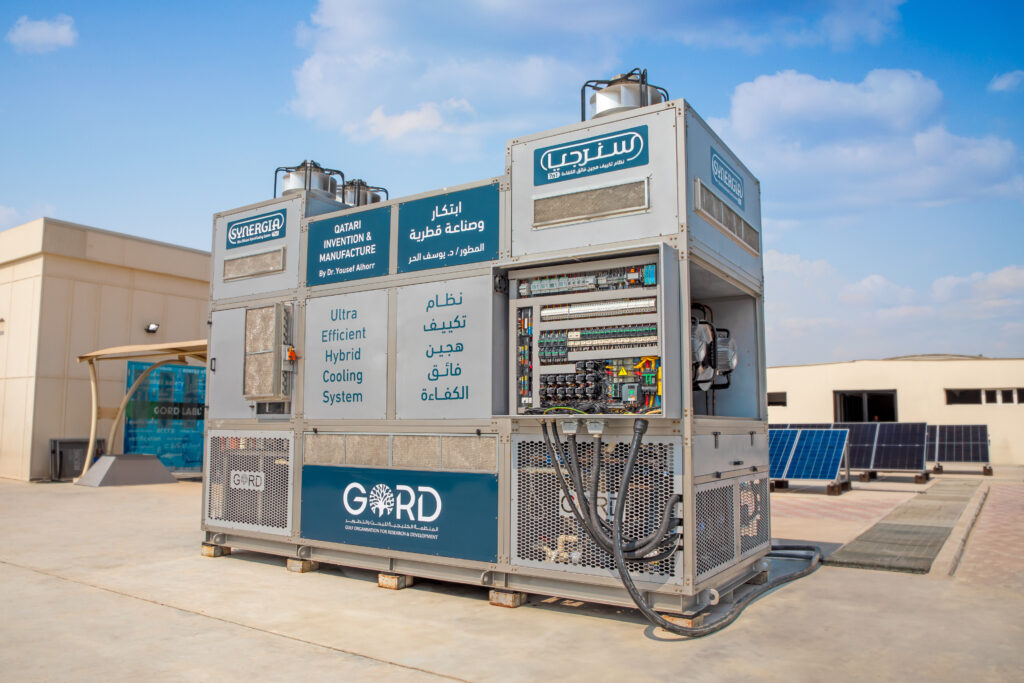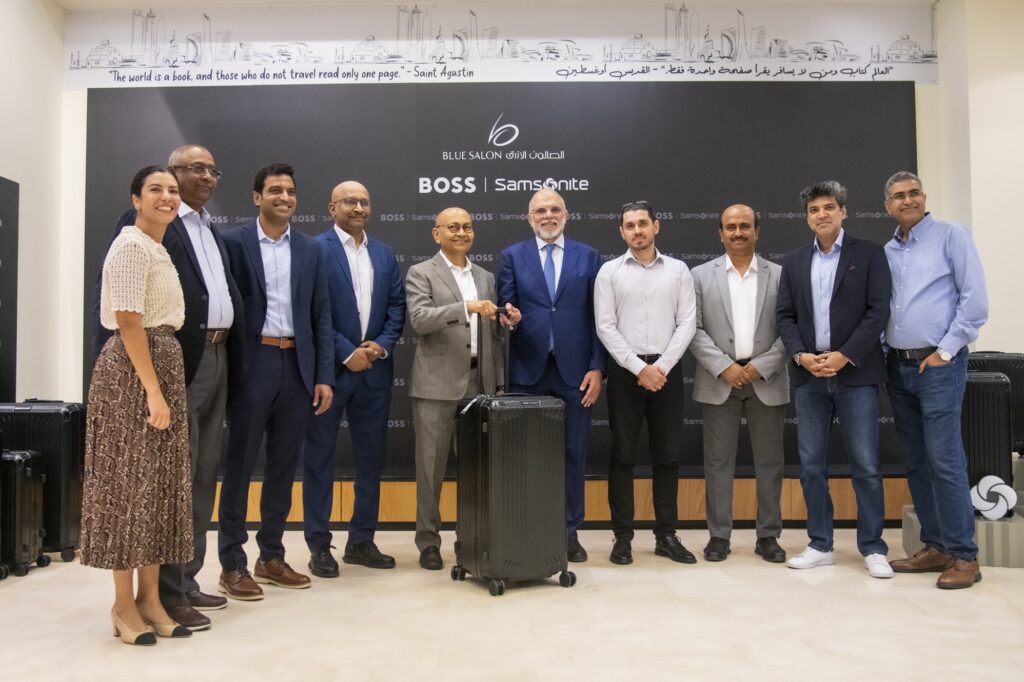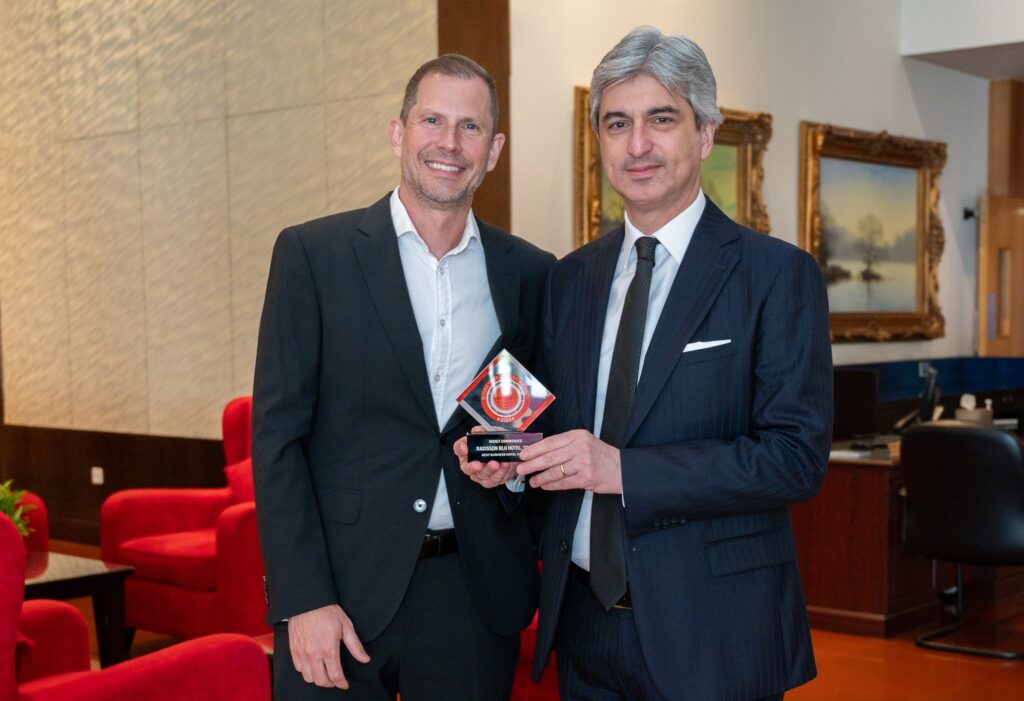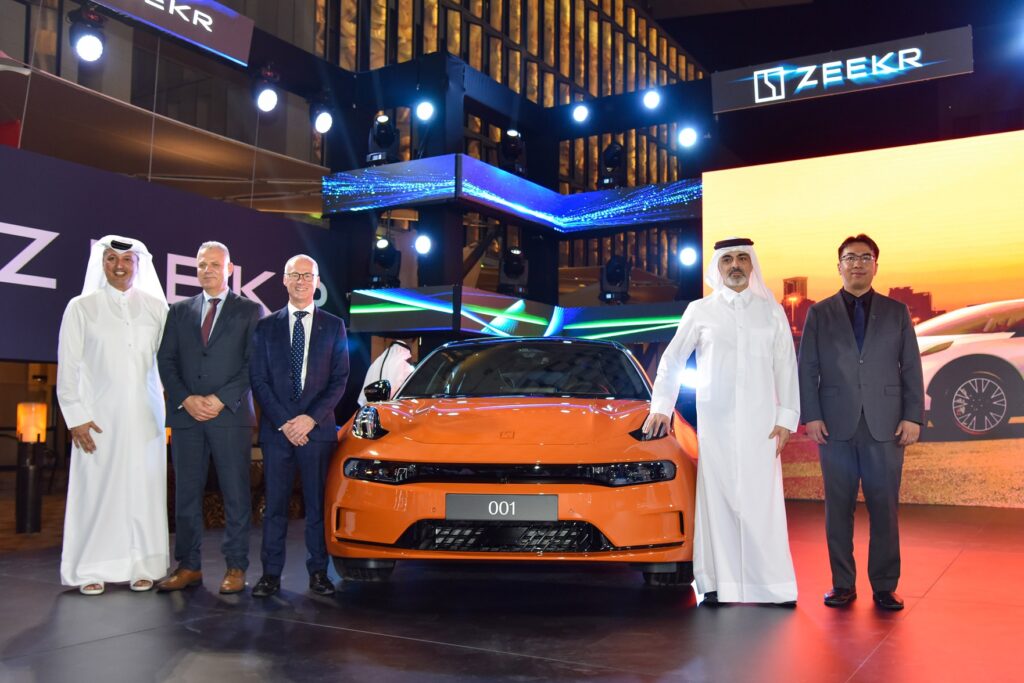Dr Yousef Alhorr, founding chairman, GORD talks Sara Naveed through its main initiatives, highlighting GORD’s COP28-related projects and how by transforming sustainable environments, and it might reshape industry, locally.
QH: What inspired the groundbreaking Synergia7n1 technology, and how do you foresee its impact on future sustainable environments?
Alhorr: Synergia7n1 was inspired by the pressing need for energy efficiency and sustainable cooling solutions in the context of Qatar’s ambitious goal to reduce greenhouse gas (GHG) emissions by 25 percent by 2030. Recognising that traditional air conditioning units contribute significantly to energy consumption and carbon emissions, GORD took the initiative to develop an innovative air handling system that addresses this challenge. Synergia7n1 stands out for its ability to cool and circulate fresh air in both open and enclosed spaces with a substantially smaller carbon footprint compared to traditional air conditioning units.
Through collaboration with key stakeholders such as Qatar National Research Fund (QNRF), GORD is exploring the usability of Synergia in climatising barns. The aim is to optimise temperature and humidity levels for livestock welfare, all while achieving a reduced energy footprint and providing fresh air. This will not only enhance the quality of livestock welfare but also contribute to the sustainable production of dairy products.
In terms of its wider impact, Synergia7n1 is not just a local solution; its recognition by the Association of Energy Engineers as an innovative energy technology suggests that it holds promise on a global scale. By saving up to 50 percent of energy compared to conventional compressor-based fresh air-handling units, Synergia sets a benchmark for efficient cooling technologies that can play a crucial role in achieving broader sustainability goals worldwide.
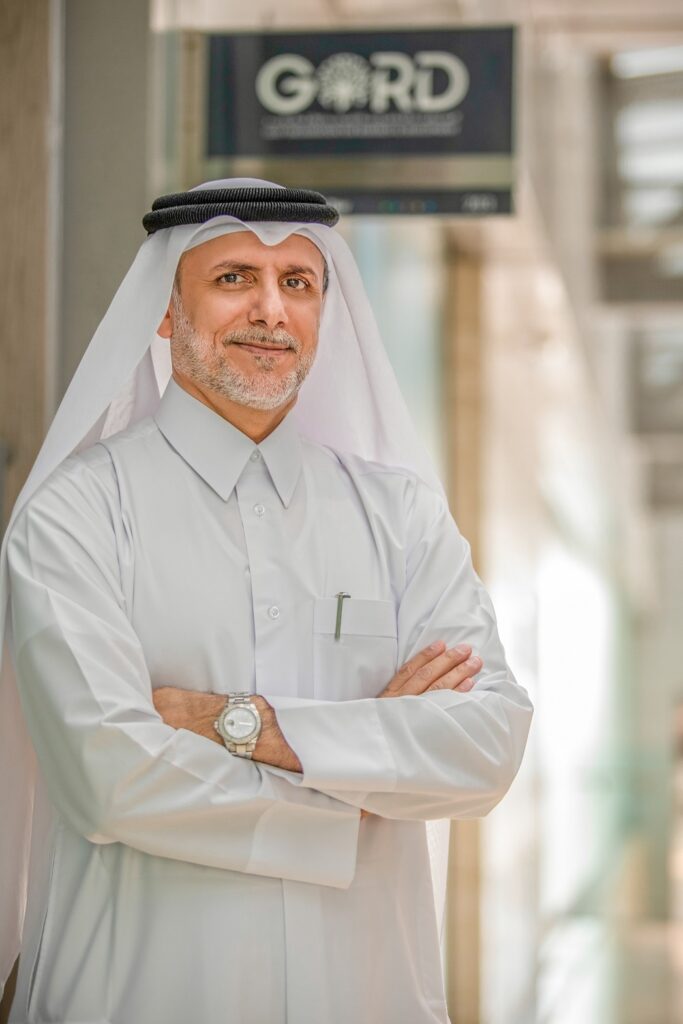
QH: Could you highlight a GORD initiative aligning with Qatar’s Vision 2030 and its contribution to global Sustainable Development Goals?
Alhorr: All initiatives conceived and pursued at GORD are deeply in line with the environmental pillar of Qatar National Vision 2030. One of our latest initiatives is the Climate Action Center of Excellence (CACE). Launched at the 28th United Nations Climate Change Conference (COP28) in Dubai, CACE is aimed at accelerating the implementation of Article 6 of the Paris Agreement. This initiative holds great relevance not only for Qatar but for nations worldwide, as it aims to provide high-impact solutions to support governments and the private sector in curbing emissions and advancing the global Sustainable Development Goals. It will provide countries with technical assistance to enter carbon markets, in addition to facilitating the reduction and removal of emissions, mobilizing climate finance, providing value for money for investors, and generating new projects. The core operations of CACE include creating Article 6 Readiness by training government teams and private sector representatives, ITMO market development by connecting its global network of project developers supplying high-quality ITMOs with a wide range of potential ITMO buyers, and accelerated decarbonization by facilitating international cooperation to help countries with innovative policy mechanisms and Article 6.2 methodologies.
QH: Can you share an impactful partnership driving GORD’s mission, and how do you believe collaborations like these shape sustainable development’s future?
Alhorr: At GORD, we actively engage with international partners, research institutions and organizations to exchange knowledge, expertise and best practices. One of our most impactful collaborations is with the United Nations Framework Convention on Climate Change (UNFCCC) secretariat. Originally signed in 2018, we recently renewed the agreement at COP28 to continue our ongoing research and development to enable successful implementation of the Green Events Tool (GET). The primary focus remains on pushing the environmental sustainability of events, conferences and meetings worldwide, particularly by addressing their climate impact through mitigation measures as well as offsetting of unavoidable GHG) emissions through verified climate contributions and funding for impactful climate action initiatives.
Our participation at COP28 also resulted in very fruitful collaborations with other international organizations. One of these partnerships is with EPD International AB to heighten awareness about the environmental impacts of products throughout their lifecycle and cultivate a culture of environmental product declarations that advocate for ecologically responsible products. Furthermore, we signed an agreement with the AEE, whereby GORD will expand its course offerings to include new AEE courses on sustainability while the two entities will also work on the development of innovative courses, specifically focusing on carbon management and GHG emissions accountability and measurement.
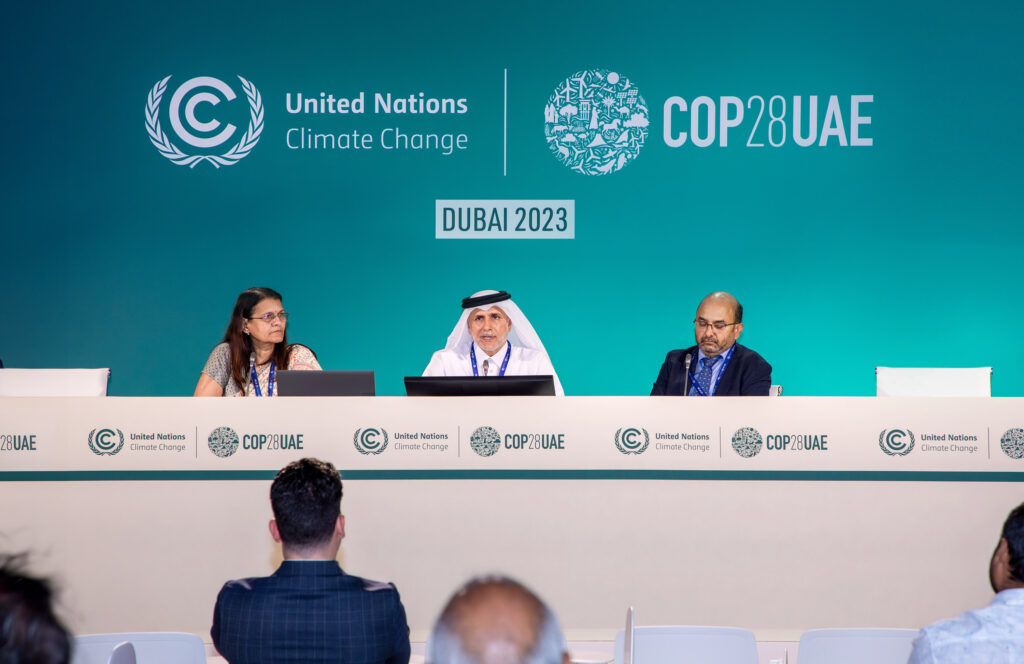
QH: What do you believe are the key elements needed to make sustainability initiatives financially viable on a larger scale?
Alhorr: The key elements crucial to making sustainability initiatives financially viable on a larger scale involve leveraging technological advancements, recognizing long-term benefits, implementing supportive policies, and adopting innovative financial models.
Recent technological advancements have paved the way for green solutions that inherently make business sense. Even those with upfront financial challenges often prove financially viable in the long run. Addressing financial barriers attached with sustainable solutions requires the implementation of policies that incentivize green initiatives. Notably, several banks in Qatar have introduced green finance schemes, encouraging businesses to invest in environmentally sustainable projects.
Some examples of such programmes include GORD’s collaboration with Qatar National Bank (QNB) whereby QNB agreed to provide green mortgage promotions to real estate projects seeking green building certifications under the Global Sustainability Assessment System (GSAS). Recently, the Commercial Bank also launched CB Green Mortgage Loan programme that offers competitive interest rates and fee waivers for purchasing sustainable properties certified under GSAS. Earlier this year, GORD signed an MoU with Qatar Islamic Bank (QIB) to implement sustainable finance initiatives, with a particular focus on driving progress in green buildings certified by GSAS.
Similarly, GORD has partnered with Dukhan Bank to bolster sustainable finance practices and foster environmental and societal development. A key aspect of this collaboration is the development of comprehensive frameworks tailored to sustainable finance. Last year during COP27, we entered an MoU with Doha Bank aimed at facilitating the bank in boosting its green initiatives, developing framework for a robust sustainability strategy, and ensuring ESG compliance.
QH: What new technology excites you most for transforming sustainable environments, and how might it reshape the industry?
Alhorr: Carbon capture, utilization and storage (CCUS) solutions have immense potential to play a transformative role in enabling sustainable environments and reshaping industries. CCUS goes beyond mere emissions reduction by actively removing CO2 from the atmosphere, contributing to negative emissions technology. This technology is crucial for achieving carbon neutrality and mitigating the impact of past emissions.
Within Qatar, a key research project developed by GORD Institute targeting carbon capture and utilization is the magnesium-based cement boards. This project seeks to produce solid phases of CO2, in the form of magnesium and calcium-carbonates from Qatari desalination reject brines. Direct outcomes of this project include the utilization of locally available reject brine, thereby reducing its impacts on marine biodiversity, mitigation of CO2 emissions in the air, and avoidance of land deterioration by eliminating the need for land quarries.


